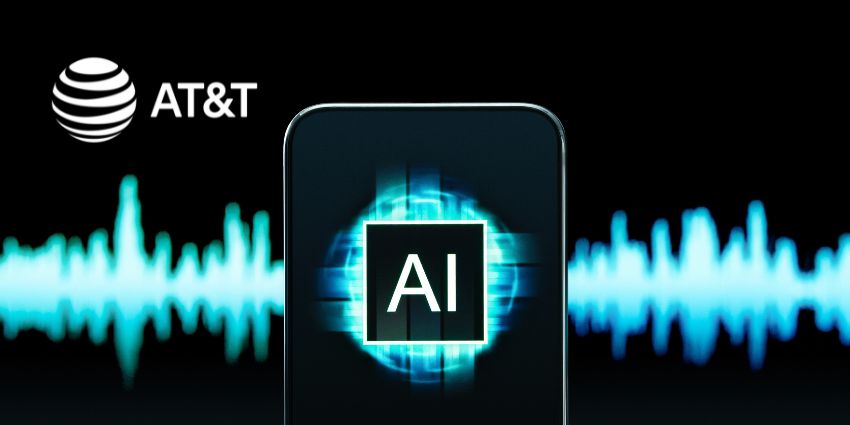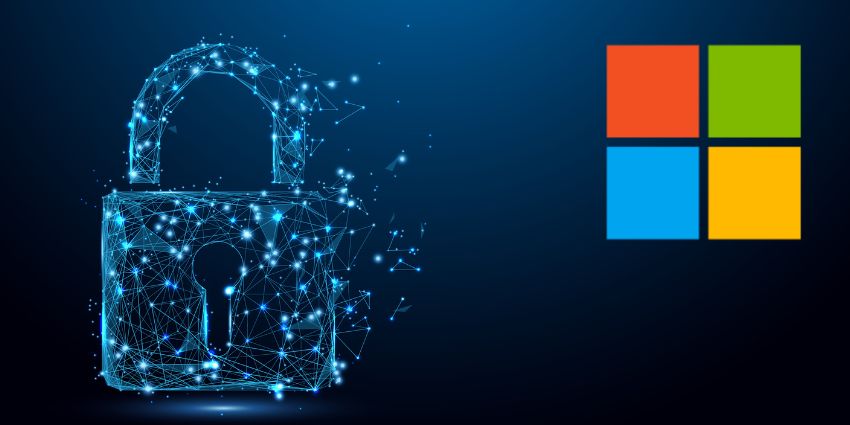Emails published in the US Justice Department’s antitrust case against Google suggest that Microsoft‘s investment in OpenAI was prompted by concerns about Google’s superior progress in AI.
As first reported by Business Insider, the Justice Department’s investigation triggered the release of an internal email between Microsoft Co-Founder Bill Gates, CEO Satya Nadella, and CTO Kevin Scott. The June 2019 email, titled “Thoughts on OpenAI”, outlined the investment opportunity in the AI organisation while highlighting the areas in which Google was significantly ahead of Microsoft in its AI research and models.
Although Scott admits to being initially “dismissive” of OpenAI and Google DeepMind’s “game-playing stunt(s)”, possibly referring to the latter’s AlphaGo Zero demonstrations of AI’s potential, Scott became alarmed when he observed how advanced competitors’ natural language processing (NLP) models had become.
“The thing that’s interesting about what Open AI and Deep Mind and Google Brain are doing is the scale of their ambition,” Scott said in the email.
I was highly dismissive of their efforts. That was a mistake. When they took all of the infrastructure that they had built to build NLP models that we couldn’t easily replicate, I started to take things more seriously. And as I dug in to try to understand where all of the capability gaps were between Google and us for model training, I got very, very worried.”
Scott argued that Microsoft lagged behind the competition by “multiple years” in terms of machine learning scale. He highlighted that it took Microsoft engineers six months to replicate Google’s BERT language model and train it, citing infrastructure limitations as the primary challenge.
Nadella then forwarded Scott’s points on a possible OpenAI investment to Microsoft’s CFO Amy Hood with the annotation, “Very good email that explains why I want us to do this”.
Although Gates formally left Microsoft in 2020, reports suggest he continues to play a prominent role in Microsoft’s collaboration with OpenAI. While this internal email does not clarify who initiated the discussion about OpenAI in 2019, Business Insider recently reported that Gates had been holding regular meetings with OpenAI since 2016 and played a pivotal role in brokering the deal.
Microsoft and OpenAI’s Relationship
Microsoft invested $1 billion in OpenAI in 2013, but the total investment now stands at around $13 billion. Since ChatGPT’s explosion into the mainstream consciousness near the end of 2022, Microsoft has seen significant investor and consumer interest in OpenAI’s landmark conversational AI service. As well as releasing its own flagship AI in Copilot, over the past 18 months Microsoft has subsequently integrated ChatGPT into products such as Microsoft 365 and Bing.
In addition to its significant investment in OpenAI, Microsoft recently secured a nonvoting position on its board after November’s dramatic OpenAI saga in which its CEO, Sam Altman, was ousted by OpenAI’s board before being reinstated just four days later following pressure from both employees and investors.
Over 700 of OpenAI’s 770 workers said they would resign unless Altman were permitted to return, while Microsoft, the Company’s largest investor, applied pressure on its board.
Microsoft released a statement two days after Altman’s firing saying the tech giant had hired both Altman and his OpenAI Cofounder Greg Brockman to manage a new AI research team. In an open letter to their board, the 700-strong group of OpenAI employees said that Microsoft had promised them jobs if they followed through on their threat of resigning.
In addition to Microsoft securing the nonvoting board position following Altman’s return, Nadella was vocal about the need to improve OpenAI’s governance.
This saga and the closeness between Microsoft and OpenAI that preceded and followed it caught the attention of several antitrust regulators.
The troika of the EU’s European Commission, the UK’s Competition and Markets Authority (CMA) and the US’s Federal Trade Commission (FTC) are all actively probing or considering scrutinising the partnership.
In December, the CMA issued an Invitation to Comment to both Microsoft and OpenAI. This marks the initial step of the CMA’s information-gathering process before an official phase one investigation commences. The regulatory body sought input from Microsoft, OpenAI, and any other pertinent third parties to determine whether recent developments have transformed the partnership into a “relevant merger situation”.
Meanwhile, in January, the FTC announced its “Inquiry into Generative AI Investments and Partnerships”, which entailed issuing orders to five companies, mandating them to furnish details regarding recent investments and partnerships involving Gen AI firms and major cloud service providers. This inquiry involves Microsoft and OpenAI, along with Alphabet, Anthropic, and Amazon.
Lastly, last month, the European Commission was reported to be pondering an official antitrust investigation into Microsoft and OpenAI’s relationship. This investigation may aim to determine if the partnership distorts competition within the EU internal market. According to a Reuters source, the European Commission is reportedly leaning towards investigating whether Microsoft’s market power distorts the market through specific practices.







